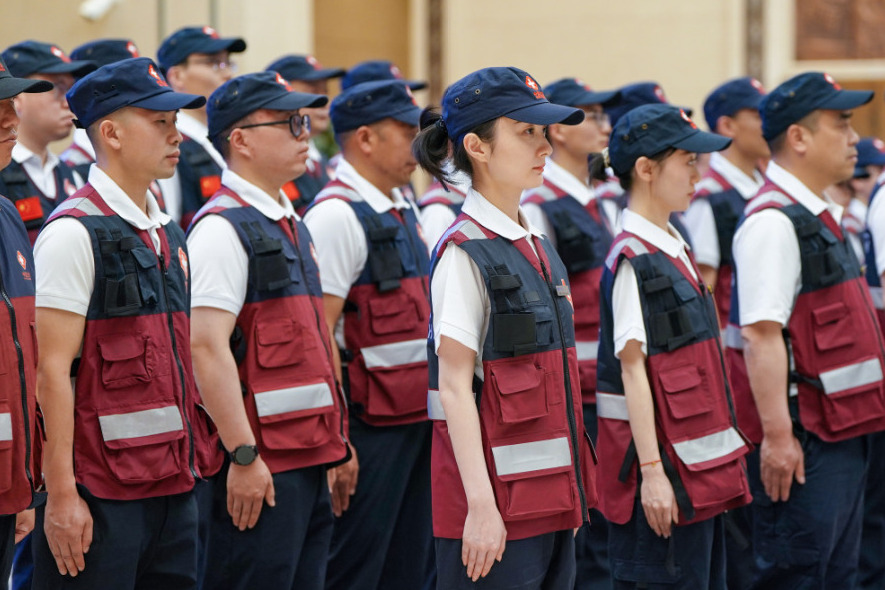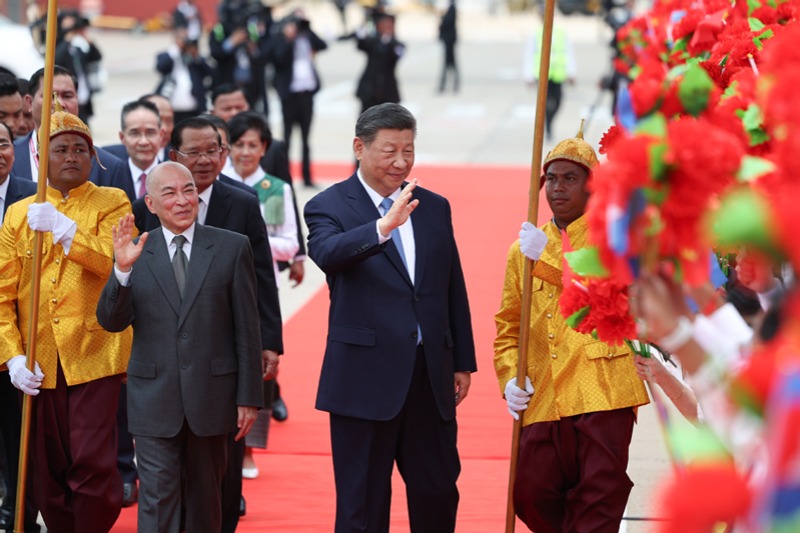China pledges zero tolerance for data fraud


BEIJING -- China's statistics authority named and shamed local areas involved in statistical fraud, pledging a continued hard-line stance on and zero tolerance to such illegal practices.
The National Bureau of Statistics (NBS) on Tuesday disclosed five typical cases in areas including Tianjin and Inner Mongolia, in which local officials were found falsifying business operation figures to exaggerate regional industrial performance.
For instance, inspectors discovered official interference in business statistical reports in Kailu county, Inner Mongolia's Tongliao, which led to false data in 20 major industrial enterprises, 11 key retailers, and three leading service companies.
In Lingwu, Northwest China's Ningxia Hui autonomous region, some businesses and government agencies used fake data to make material gains and resisted NBS inspections.
The NBS said it has transferred the cases to related authorities and put forward suggestions on punishment.
The move marked the strengthened efforts of the central government to crack down on local statistical fraud, as the country has put more emphasis on the authenticity of data amid lingering economic headwinds.
Progress has been made and basic statistics are generally real and reliable, the NBS said, while acknowledging data falsification still exists in some places. It vowed to step up inspections, improve accountability systems, increase the exposure of data fraud, and toughen up punishment for businesses and individuals with poor records.
Chinese central authorities have introduced a new regulation to prevent statistical fraud, with the NBS responsible for conducting inspections and pushing for rectification.
- Chinese firms to lead transformation and competitiveness in AI era
- Images: The ancient Xiamei village in Fujian
- Road collapse leaves two dead in Shanxi
- Woman detained for stopping train doors from closing
- More Chinese students going abroad, and destinations are diversifying
- Beijing Institute of Technology sacks professor over forced relationship and corruption





































